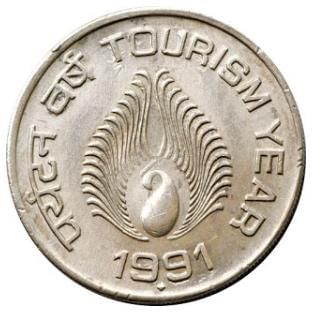Days And Years Quiz, General Knowledge - NDA MCQ
20 Questions MCQ Test - Days And Years Quiz, General Knowledge
The first death anniversary day of Sri Rajiv Gandhi was observed as the
The centenary of Mahatma Gandhi's arrival in South Africa was celebrated in
Journalist Day was celebrated for the first time all over the country on
'Teacher's Day' is observed on which of the date?
Which day is observed as World No Smoking Day ?
The birthday of which of the leader in India is observed as Children's day?
The United Nations declared 1993 as a year of the
The year 1991 was observed in India as the year of
The decade 1981-1990 was observed as International Decade for
Which year is observed as Poverty Eradication Year by SAARC?
India Celebrates February 28 every year as 'National Science Day' because on this day
The year 1985 was declared as the International Year of
Which of the following festivals is celebrated on Prophet Mohammed birthday?
'Rosh Hashanah' is the new year's day of which communities?















